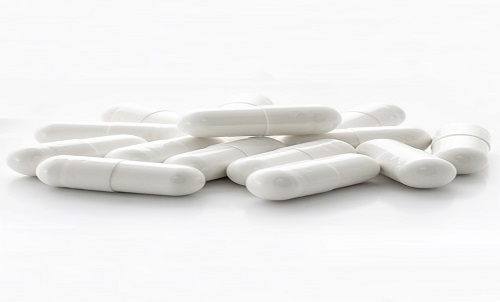Enteric coating is an extra layer that is placed on the capsule's outer shell. This helps to keep the capsule's ingredients fresh until it reaches the point where the body can absorb them. It also prevents the pill from prematurely dissolving in the mouth.
There are two types of enteric coated capsules. One is made from gelatine, and the other is plant-based. These capsules are a good choice for time-sensitive medications. They will last longer and release active ingredients in the right amount of time.
Aside from the material of the capsule, there are other factors to consider when choosing the right type of enteric coated capsules. The capsules must be safe and comply with regulatory standards. They can also improve the bioavailability of drugs.
Enteric coating is a process of encapsulating a drug in a capsule that is resistant to acidic conditions in the GI tract. In addition, enteric coatings are also referred to as targeted fixed-point materials. These types of capsules can be used for a wide range of pharmaceutical applications.
Unlike a regular capsule, enteric-coated capsules have a soft coating that can bypass the stomach's acid. This helps to prevent the breakdown of the medication, which can result in unwanted side effects.
The coating is usually applied after the capsule is filled. This process is typically done in a laboratory setting or in clinical practice.


 中文简体
中文简体 English
English
